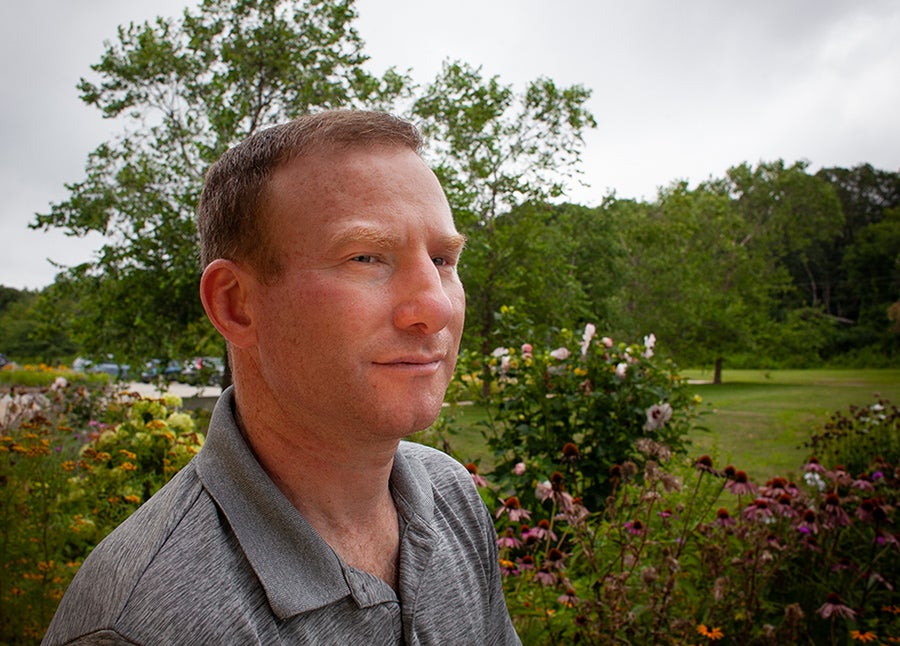“The high-bay area and testing tank will give us the capacity to bring in large vehicles, put them in the water and test their systems so they’ll be ready to go into the ocean and be successful.”

Adam Soule
—Professor of Oceanography; Director, Ocean Exploration Cooperative Institute
Adam Soule has one of the most visible roles at the Graduate School of Oceanography—leading the new Ocean Exploration Cooperative Institute, which aims to accelerate ocean exploration through the development of next-generation tools for studying the marine environment. The complex exploration tools his team is working on, like autonomous systems requiring no human intervention, will receive a big boost from the facilities that will be housed in the new Ocean Robotics Laboratory.
“The high-bay area and testing tank will give us the capacity to bring in large vehicles, put them in the water and test their systems so they’ll be ready to go into the ocean and be successful,” Soule said. “That’s the key—testing as much as possible on campus to increase the odds of success when we’re out in the harsh and unpredictable environment of the ocean.”
Co-location of scientists and engineers in the same building is also important to the success of their work because it allows for easier collaboration. “There’s an incredible amount of progress made simply by walking through the halls and seeing what someone else is working on and having a discussion about it,” he said. “You can’t work in isolation and expect the fast progress that occurs when we’re together.”
The university’s new state-of-the-art research vessel, Narragansett Dawn, adds another vital element. “Part of the reason for developing these tools is so we can use that ship to the full extent of its capabilities,” Soule said. “The combination of this building and this ship are a step toward the future of oceanography, where we have a lighter footprint in the ocean but an expanded area of observation and study.”
